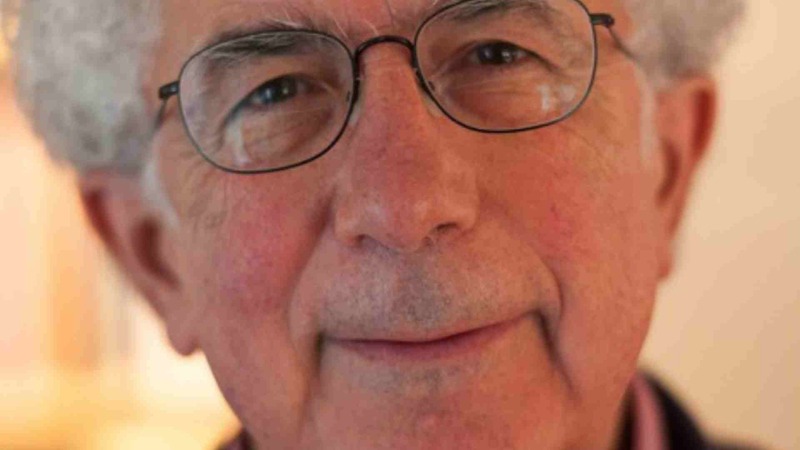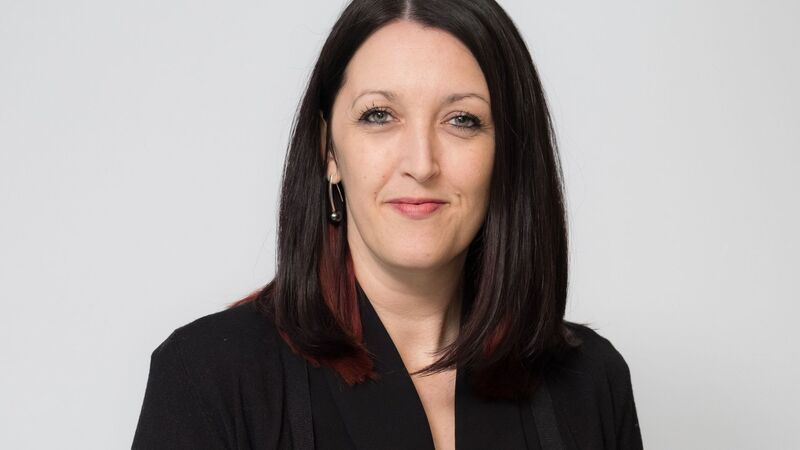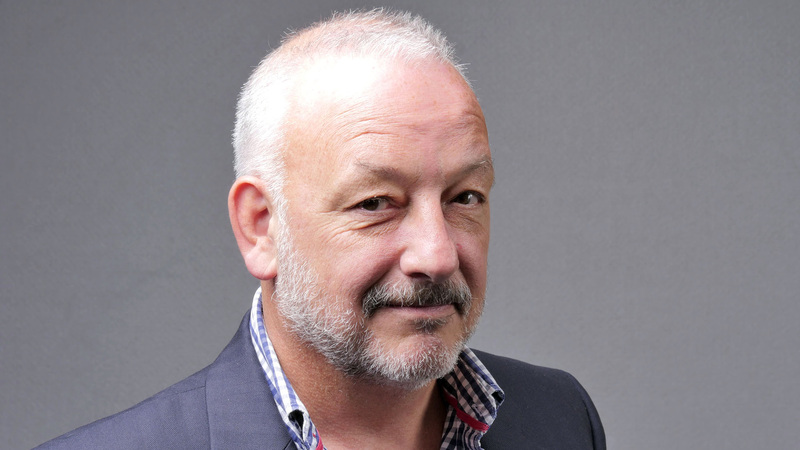You are viewing your 1 free article this month. Login to read more articles.
Hudson and Nicholls urge Waterstones to pay real living wage
Waterstones is under mounting pressure to pay its staff the “real living wage” with authors Kerry Hudson and David Nicholls backing the campaign as Waterstones m.d. James Daunt highlighted that if the company can continue to grow profitability then a pay increase is possible.
More than 1,000 authors and industry figures have signed an open letter to Waterstones boss James Daunt after more than 6,000 people signed April Newton’s petition calling for Waterstones booksellers to be paid the real living wage of £10.55 an hour for the Greater London area and £9 an hour for the rest of the UK.
Hudson, the author of Lowborn (Chatto & Windus), and Lounge Marketing's Sam Missingham drafted the letter, which has been published on Organise. Val McDermid, Sally Rooney, Damian Barr, Juno Dawson and Daniel Hahn also signed the letter as well as former Waterstones bookseller and One Day (Hodder) author Nicholls.
The letter calls on Waterstones to "acknowledge" booksellers' expertise with an increased wage, adding booksellers play a “vital role” in literary culture. Hudson said she was “shocked” the real living wage was not a standard at Waterstones and said if the pay increase is not possible now then “surely a real and public commitment to becoming a living wage employer in a fixed period of time should be.”
“As authors we recognise the vital role booksellers play in our literary culture and industry,” the letter reads. “Their skill, expertise and passion are a true asset and this deserves to be acknowledged both through public recognition and financial remuneration. We also recognise the huge amount of work and stress that goes into being the frontline to Waterstones business. We hope you will consider offering your booksellers the financial recognition deserving of their skill, passion, expertise and hard work.”
Addressing fears over Waterstones making cuts in order to pay the real living wage, the letter adds: “Finally, it has been brought to our attention that there is anxiety from current staff members about the potential for an increased wage being subsidised by staff redundancies or reduced hours. We wish to make it clear that authors will not support that as an outcome. A business that cannot offer a living wage to staff without redundancies or reducing hours is not a viable business model.”
Waterstones m.d. Daunt responded with his own letter, warning managing pay is “complex” and stressed rewarding "career booksellers" was his priority, two years after returning to profit. The Bookseller understands there are three levels of pay for Waterstones booksellers with entry level booksellers generally progressing to senior level within two years before advancing to lead and expert booksellers.
Daunt writes: “Dear Kerry, You call upon Waterstones to pay the Real Living Wage. As a simple principle, you preach to the converted: we wish we could do so, and as much more besides as we can afford.
“Managing pay and career progression at a company like Waterstones is complex. We are a business that depends on the skills, knowledge and hard work of our booksellers, capabilities that develop with experience. We concentrate most on the pay increases we are able to award as booksellers are promoted. As the improving finances of the company have allowed, we have widened the pay differentials to the benefit of our experienced booksellers. In doing this, it is our overt choice to invest in the pay of those committed to forging careers at Waterstones.
“A progressing pay structure based on a floor of the real living wage is highly desirable. If we can continue to grow profitability, this will be possible. In the meantime, we prioritise how we reward and retain our career booksellers. Yours, James Daunt.”
Yesterday Daunt told The Bookseller a higher starting rate would impact more experienced booksellers. He said: “We would all like to wave a wand and just pay it and have the same differentials for everyone above it. If you're being fair, you bump everyone up proportionately and if we do that, we would find ourselves in considerable straits and the business has come from a deep, dark and horrible place and we are not taking it back there.”


















